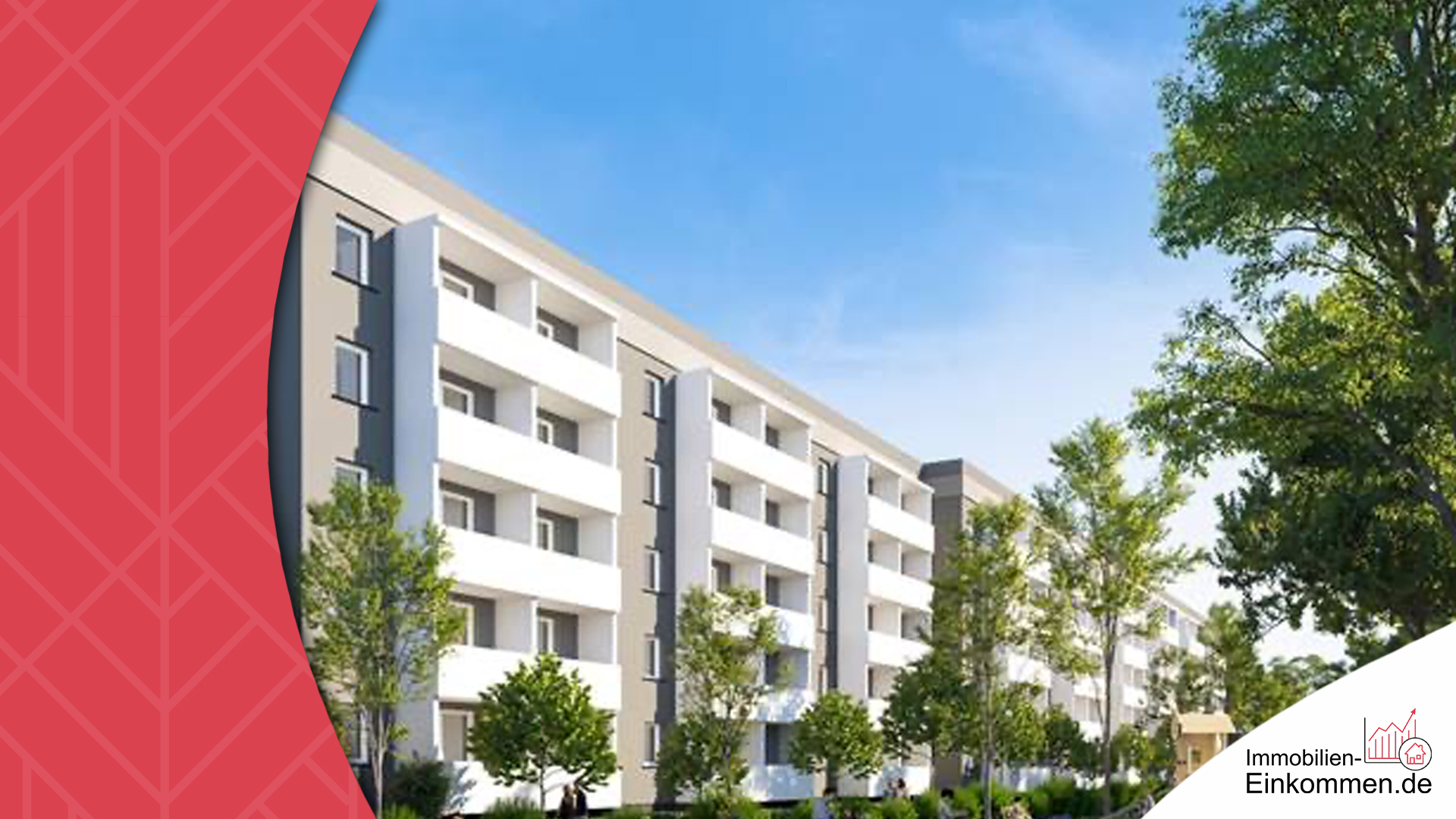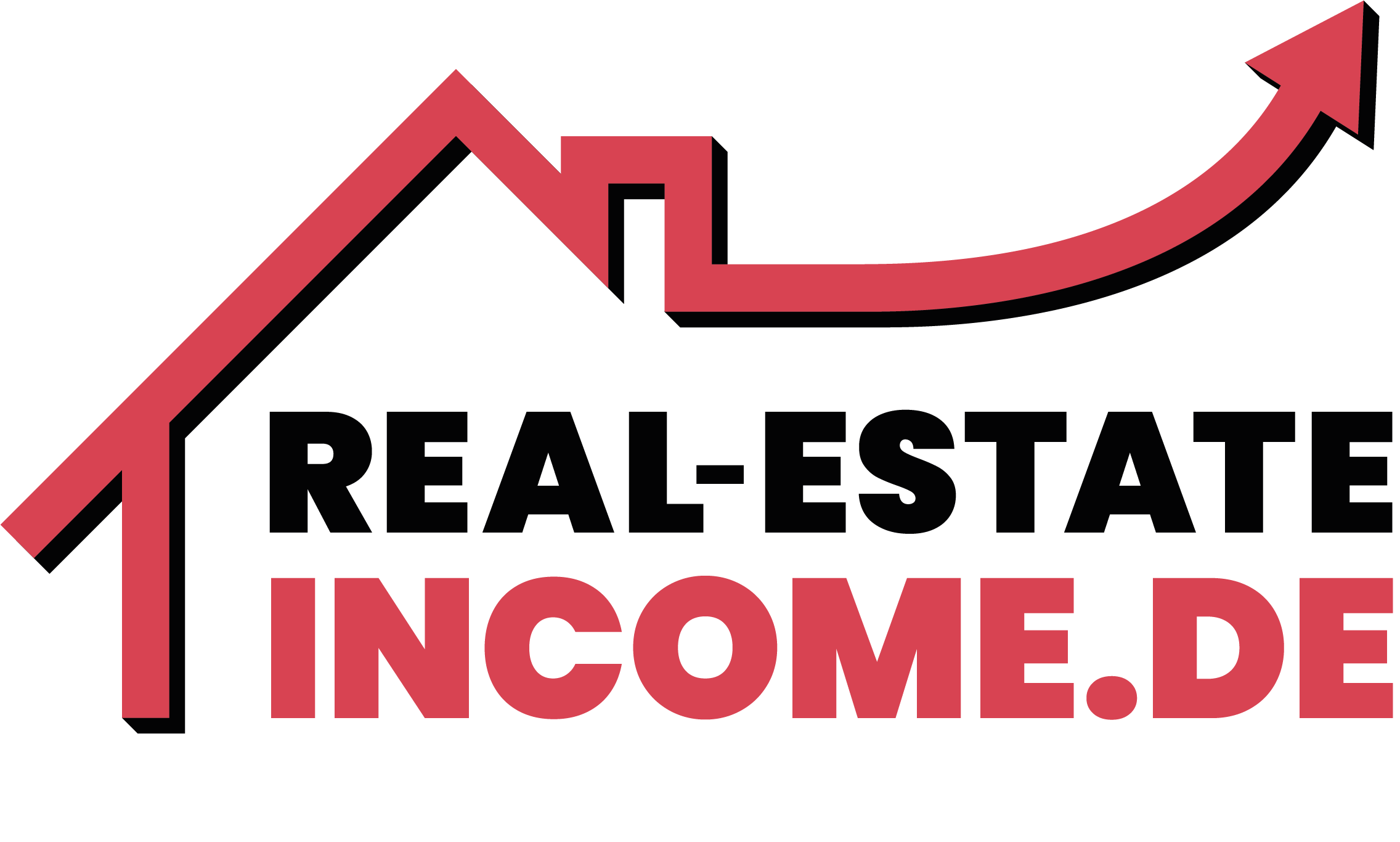What happens to my investment property if I lose my job? Is there a hedge?
Posted on |

Episode 34:
What happens to my investment property if I lose my job? Is there a hedge?
In today's edition of our video blog, you'll learn what happens to my investment property if you lose your job.
Start the video here:
Frequently, capital investors ask themselves
- What happens to my investment property if I lose my job?
- Is there any coverage in case I lose my job?
- What are the advantages of owning a rental property versus an owner-occupied property?
- How can leased real estate serve as an additional source of income?
What are the financial implications if I become unemployed as a landlord?

We answer these and many other questions in our video blog editions.
Here is the transcript of episode 34 to read:
What happens if I lose my job? Is there any coverage for that? This is a question that is more likely to be asked by owner-occupiers. So if you buy your own property, move in yourself and of course bear the entire burden yourself, you have to be very sure that you have a good job, that you have a regular income. Because you have to bear the entire burden yourself. With rented property it is a little bit different.
You yourself pay only a part of the costs and the largest part, usually 3/4, is paid by someone else, namely the tenant and the tax office. Therefore, there is a simple answer. In my 30 years of work, I have of course made the experience that sometimes one or the other loses his job at short notice and is looking for work for 3, 4, 5 months before he gets a new job.
And what I have never experienced is that if you yourself have maybe 200 € additional payment for your property, because the rest is paid by the tenant and the tax office, that you, if you become unemployed for 3, 4, 5 months, that you then do not still have the 200, 250 € lying somewhere on some account and can bridge the 3, 4, 5 months well. It is usually this small thought error that one forgets that should you as a real estate owner, as a landlord become unemployed, your tenant nevertheless continues to pay the rent and you nevertheless have income and nevertheless only a very small part must pay.
And if you make sure that the passive income just when you would have difficulties in the job and sometimes half a year no work, then you pay in the time no contributions to the pension fund. Your financial situation, your biographical curriculum vitae will certainly not improve financially due to the interruption. Then it is even very good if you have other sources of income through rented real estate.
Maybe even three four tenants who pay rent for you every month. And you know, you have maybe 2, 3, 4 months bad luck in between, but the others continue to pay your asset building. The tenant still pays the rent, even if you become unemployed.
Keywords:
Investment property, job loss, hedging, owner-occupancy, encumbrance, tenant, income sources, passive income, landlord, finance
